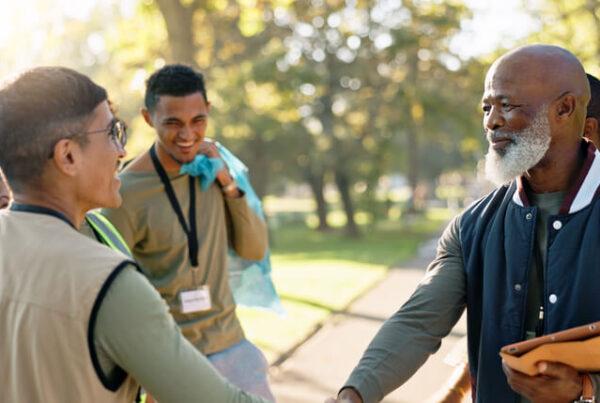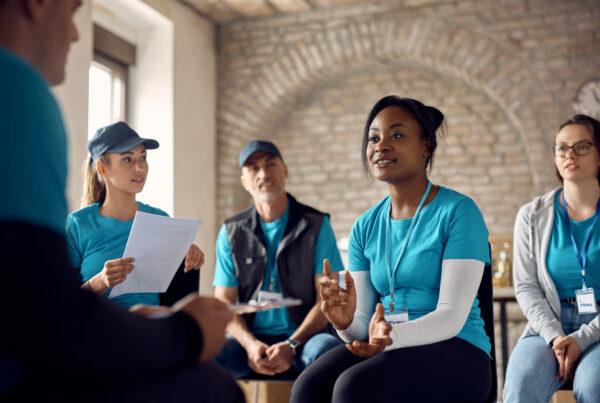
Addiction is a complex and deeply personal struggle that affects individuals, families, and entire communities. Those who step forward to help people through recovery play a powerful role in shaping healthier futures. But beyond formal education, what truly makes someone effective in this line of work? If you’re enrolled in or considering addictions worker training, it’s helpful to know which traits and habits can enhance your success.
In this blog, we highlight the top qualities to develop now if you hope to become an addictions worker and make a lasting difference in the lives of others.
1. Empathy Without Judgment
Perhaps the most essential quality for any addictions worker is empathy, the ability to understand and share in someone else’s feelings. However, in this field, empathy must be paired with nonjudgmental support.
Clients facing addiction often feel ashamed or isolated. As a professional, your ability to offer compassion and listen without bias can help build the trust they need to begin healing. You’ll learn techniques for active listening during your training, but it’s your ability to connect human-to-human that truly sets you apart.
2. Patience and Persistence
Recovery is not linear. Clients may experience setbacks, resist treatment, or struggle with other mental health challenges. That’s why patience is a must.
Great support workers meet people where they are, not where they “should” be. You may find yourself repeating strategies, adjusting communication styles, or simply sitting with someone through their most difficult days. Cultivating this kind of steady presence can make a critical difference over time.

As part of your community support skills, learning to communicate is key
3. Strong Communication and Boundaries
As part of your community support skills, learning to communicate clearly and compassionately is key. Whether you’re facilitating a group session or helping a client navigate resources.
Equally important is the ability to set and maintain professional boundaries. Supporting clients in recovery can be emotionally taxing, and healthy boundaries help ensure you can remain objective and avoid burnout.
Your addictions worker training will prepare you with conflict resolution techniques, de-escalation strategies, and documentation practices that strengthen communication in every setting.
4. Adaptability
Every client is different, and so is every day on the job. From crisis intervention to intake interviews, you’ll need to think on your feet, switch gears quickly, and tailor your approach to each individual’s needs.
Adaptability means being open to learning, responsive to feedback, and comfortable with change. As policies shift and new recovery models emerge, your ability to stay flexible ensures you continue offering the best possible care.
5. A Desire to Learn and Grow
The field of addiction support is constantly evolving. New treatments, legislation, and community approaches are developed every year. If you want to thrive in this field, you must be committed to lifelong learning.
The addictions worker training program at AOLCC Alberta equips you with a strong foundation in counseling strategies, ethics, community health, and documentation. But the most successful professionals seek ongoing development through workshops, supervision, or simply staying informed about new trends in mental health and addiction care.

Addictions worker training will prepare you with counselling techniques
Get on the Right Track with Addictions Worker Training at AOLCC
If you want to become an addictions worker, the Addictions Worker Diploma program at AOLCC Alberta is designed to help students build practical knowledge and meaningful interpersonal skills. Reach that moment where you feel confident and equipped with the practical tools you need to guide others through their recovery.
With a focus on mental health, trauma-informed care, and case management, students graduate feeling ready to support diverse populations with professionalism and empathy.
Through our program, you will:
- Learn about addiction theory and client-centered intervention
- Develop community support skills
- Train in documentation, assessment, and recovery planning
- Explore ethics and self-care strategies essential to human services
Are you ready to make a difference in people’s lives?
Your career awaits!





